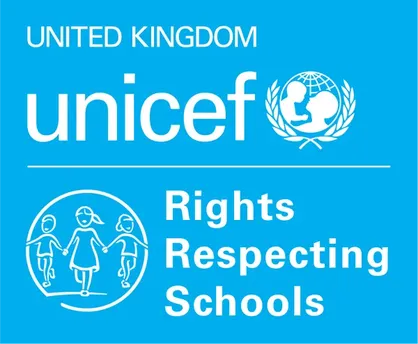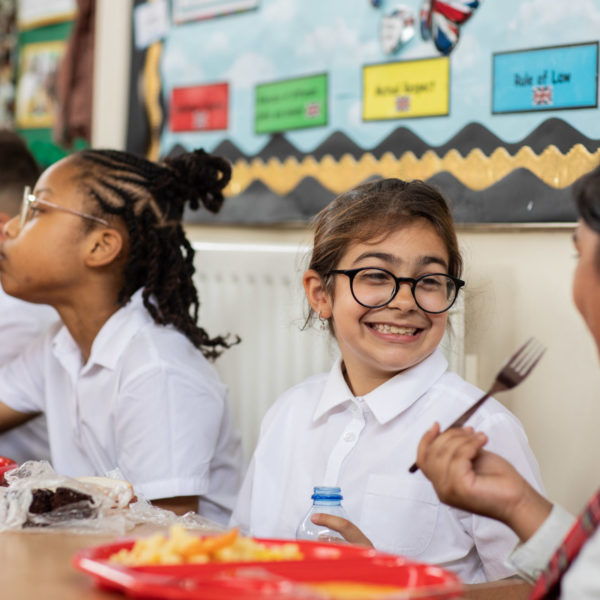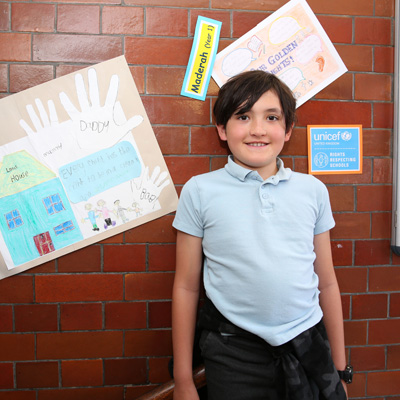“I used to not care much about my rights’, said Tom*, year 5 from Kentish Town Church of England Primary School, ‘but now I understand that if I want my rights respected I have to respect other people.”
Tom, like the school, has been on a journey. Not so long ago he engaged in behaviours that made him a regular in lunch time detentions sessions.
“It’s clicked with him over the last six months,’ explained Anna, a year 6 teacher and RRSA champion, ‘taking on that knowledge of rights has changed his world. He’s not had a detention since March 23, almost one full term.”
The RRSA team is at Kentish Town Primary to assess the school for a Level 2 award in the last week before the end of the summer term.
The school is one of 340 across the UK who participate in the RRSA scheme which aims to place the UN Convention on the Rights of the Child (CRC) at the heart of a school.
“We’ve been on a journey,’ says Grant, deputy head teacher who joined the school in 2004. ‘But RRSA gives us a framework and a language. It’s a theme that runs through the school.”
Kavita*, from year 5, said: “In each classroom we have the main charter then we have smaller charters around the school.”
From the schools procedure when designing lessons through to the displays that can be seen on walls all around the school, it is evident that children’s rights are central to the school’s spiritual ethos where 40% of the children are from non-Christian backgrounds.
Stopping in front of a display of handmade posters and cushions which showcase the many different religions practiced by pupils at the school, Kavita says, “The boards and the cushions make me feel like I can express my religion. This is not just a Christian school, it’s a school for all religions.”
James, the head teacher of Kentish Town, said: “At the beginning it was a hard sell to parents. Lots of parents felt we were empowering them [the children] to challenge their authority. So it was about working with parents to help them understand that we were helping children to access as much knowledge as they can.”
The school involves parents fully in the programme, inviting them in for project presentations once a term and linking the UNCRC with other events and topics, such as eSafety.
Here, children’s rights have become part of the school’s thought process.
“RRSA has changed the way I teach,’ says Anna. ‘I have the rights in my head when I do planning but also when working pastorally. When there is a problem I say ‘you have the right to be heard and I will listen to you.’ ”
Jill, who has led the board of governors for 20 years, attended the school herself as a child and seen her children pass through the school, said: “We say they have rights but are clear they also have responsibilities.”
“They can then take this knowledge out of our gated community and that children out in the world have the same rights. We are building a community of children who will know where they want to be.”
*Children’s names have been changed throughout.





